৩০ মাঘ ১৪৩২
Political parties voice concern over proposed Humanitarian Corridor through Bangladesh
03 May 2025 21:05 PM
NEWS DESK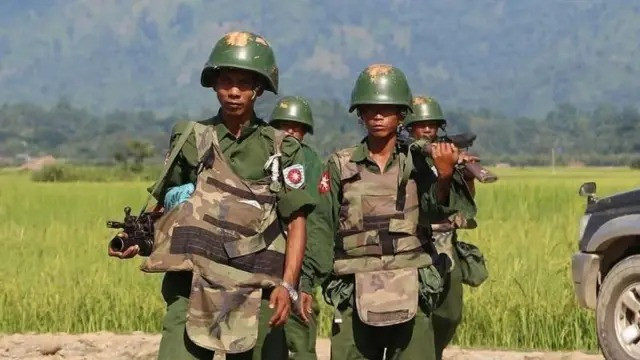
The recent proposal to allow humanitarian aid passage through Bangladesh to Myanmar’s Rakhine State has sparked debate in the country’s political sphere. While the government has reportedly agreed to provide land access for United Nations aid shipments, several political parties have voiced concern over the lack of prior dialogue and consensus on such a sensitive issue.
The recent proposal to allow humanitarian aid passage through Bangladesh to Myanmar’s Rakhine State has sparked debate in the country’s political sphere. While the government has reportedly agreed to provide land access for United Nations aid shipments, several political parties have voiced concern over the lack of prior dialogue and consensus on such a sensitive issue.
Many political leaders have expressed worries about the multidimensional risks associated with the so-called "humanitarian corridor" and are urging the government to reassess the decision only after thorough national consultation and a detailed understanding of the ground realities in Rakhine.
Jamaat-e-Islami’s Nayeb-e-Ameer Professor Mujibur Rahman stated, “It is unacceptable to help one party at the cost of harming another. The people of Bangladesh will not accept it. Such a risky matter should be resolved through discussions with all political parties.”
Questions remain over the nature of the corridor, who will be responsible for its security, and how regional powers like China and India view the initiative. Leaders argue that public sentiment should have been gauged before such a significant decision was made.
Saiful Haque, General Secretary of the Revolutionary Workers Party, cautioned, “We must be careful that this doesn’t turn into a military corridor. There’s no room to proceed without internal consensus.”
Similarly, Nagorik Oikya President Mahmudur Rahman Manna questioned the interim government’s process, asking, “With whom did they discuss before making such a strategic policy decision? And how was it rushed so quickly?”
Leaders also want clarity on whether the corridor will contribute to the repatriation of Rohingya refugees. Zonayed Saki, Chief Coordinator of Ganosamhati Andolon, said, “Whatever decision the government makes, it must be transparent and known to the public, so that the people can support it.”
Alauddin Mohammad, Joint Secretary of the National Committee Party (NCP), emphasized stakeholder engagement. “Any such decision must involve consultation with all relevant political forces,” he noted.
Critics fear that rather than accelerating Rohingya repatriation, the corridor might further complicate it. Over the past eight years, Bangladesh has not been able to repatriate any of the 1.5 million Rohingya refugees currently in the country, while many more continue to cross the border fleeing conflict in Myanmar.




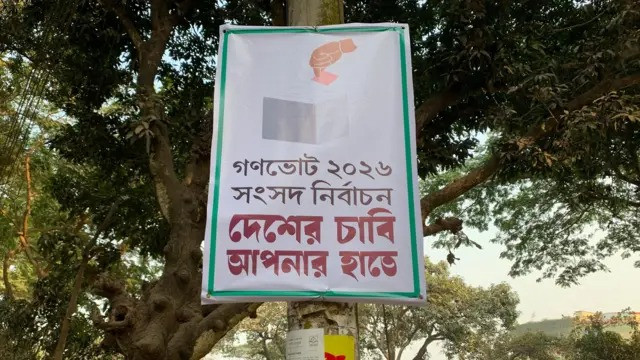
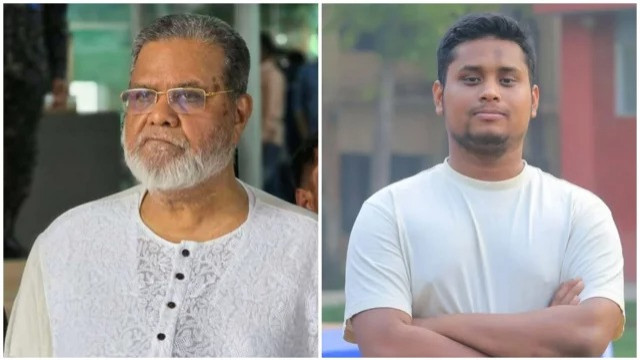

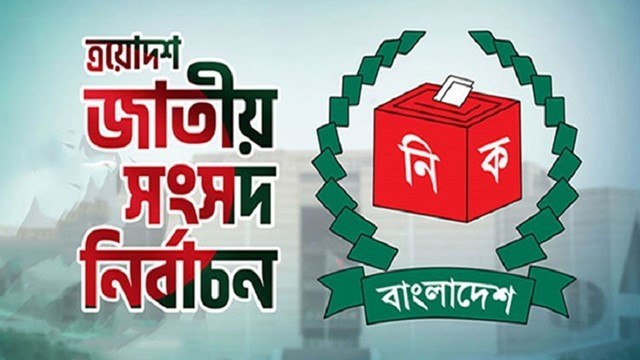
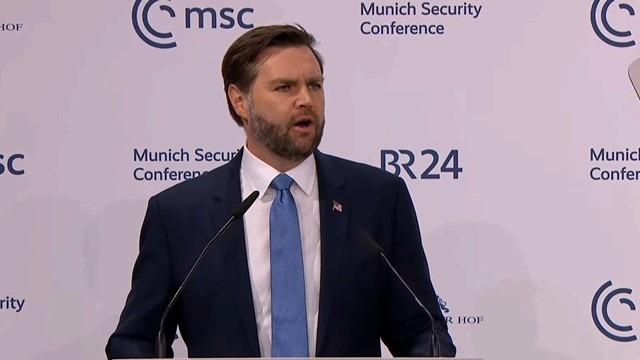
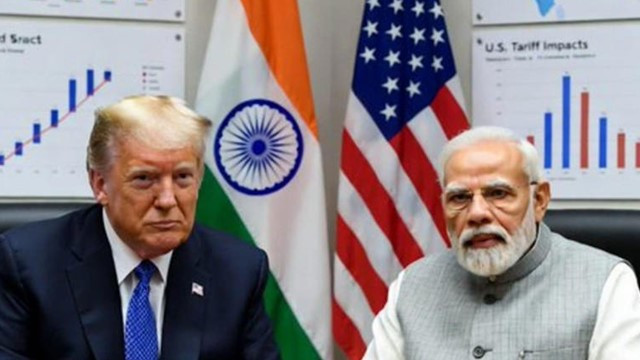
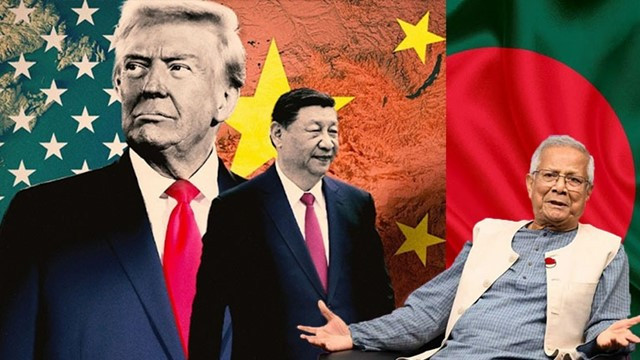
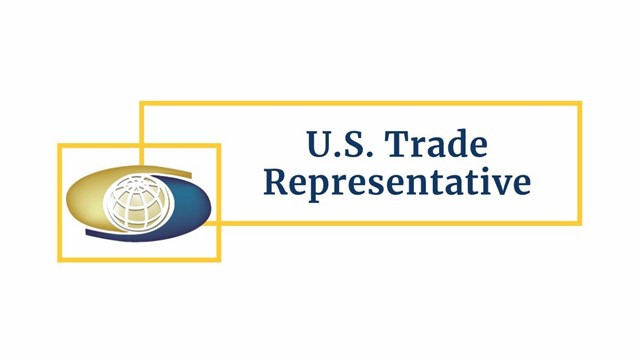
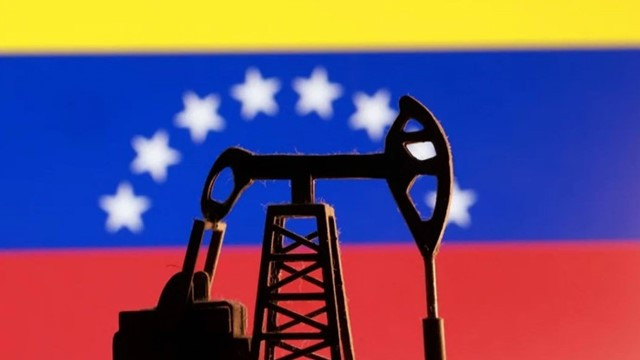

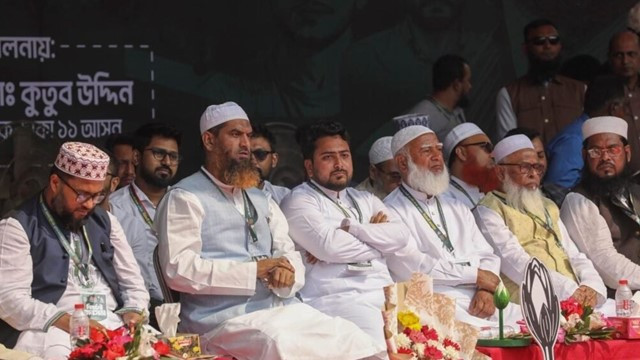
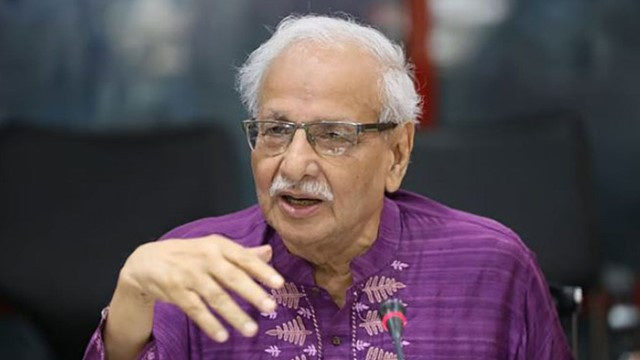

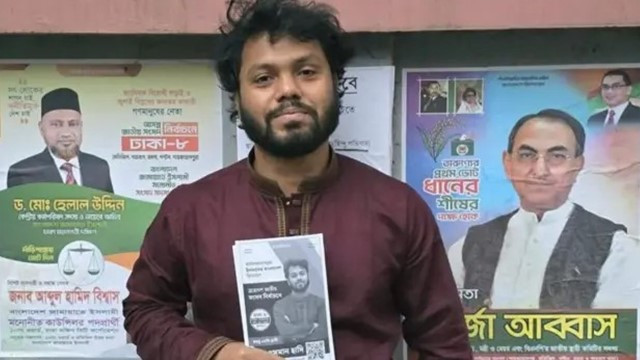
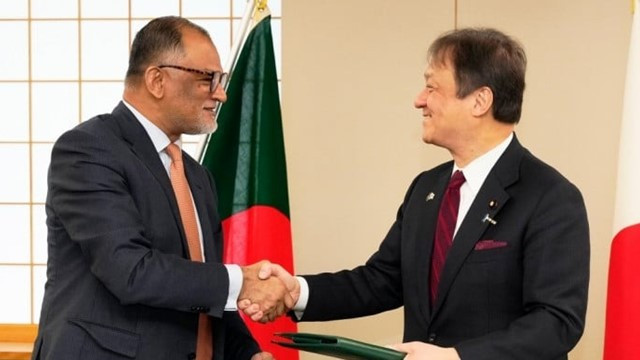
Comments Here: